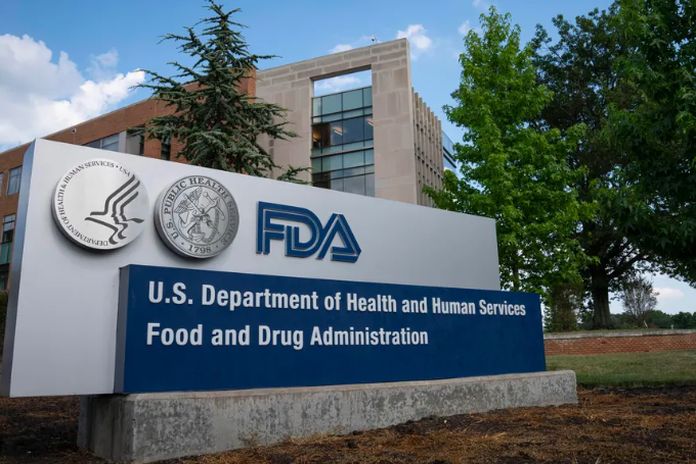- Agency issues warning letters to six companies for marketing unapproved, misbranded products
WASHINGTON, USA – The US Food and Drug Administration is warning consumers not to use certain over-the-counter analgesic (pain relief) products that are marketed for topical use to relieve pain before, during or after certain cosmetic procedures, such as microdermabrasion, laser hair removal, tattooing and piercing. The agency issued warning letters to six companies for marketing these products in violation of federal law.
Some of these products are labeled to contain ingredients, such as lidocaine, at concentrations that are higher than what is permitted for over-the-counter, topical pain relief products. When these products that contain high concentrations of lidocaine intended to be used before or during certain cosmetic procedures are applied in ways that could lead to increased absorption of the drug product through the skin, it may lead to serious injury such as irregular heartbeat, seizures and breathing difficulties. These products may also interact with medications or dietary supplements a consumer is taking.
“These products pose unacceptable risks to consumers and should not be on the market,” said Jill Furman, J.D., director of the Office of Compliance in the FDA’s Center for Drug Evaluation and Research. “We are committed to using all available tools to stop the sale of these illegal high-risk products.”
Despite FDA warnings to consumersExternal Link Disclaimer about similar products over the past decade, the agency continues to find potentially dangerous products available online and in retail stores. The FDA is not aware of evidence demonstrating these products are safe.
Additionally, when lidocaine is applied over large areas of skin, particularly on irritated or broken skin, for prolonged periods of time and when the skin is covered, the product may cause serious injury.
The products in the warning letters are:
- TKTX Company: TKTX Numb Maximum Strength Pain Reliever, Mithra+ 10% Lidocaine, TKTX During Procedure Numbing Gel 40% and J-CAIN cream [LIDOCAINE] 29.9%
- SeeNext Venture, Ltd.: NumbSkin 5% Lidocaine Numbing Cream (15 grams), NumbSkin 5% Lidocaine Numbing Cream (30 grams) and NumbSkin 10.56% Lidocaine Numbing Cream
- Tattoo Numbing Cream Co.: Signature Tattoo Numbing Cream and Miracle Numb Spray
- Sky Bank Media, LLC, doing business as Painless Tattoo Co.: Painless Tattoo Numbing Cream and Painless Tattoo Numbing Spray
- Dermal Source, Inc.: New & Improved Blue Gel, Superior Super Juice, Premium Pro Plus, Five-Star Vasocaine and Maximum Zone 1
- Indelicare, doing business as INKEEZE: Ink Eeze Original B Numb Numbing Gel, Ink Eeze B Numb Numbing Spray Black Label and Ink Eeze B Numb Numbing Foam Soap
The FDA recommends consumers:
- Not use OTC pain relief products with more than 4% lidocaine on their skin
- Not apply OTC pain relief products heavily over large areas of skin or to irritated or broken skin.
- Not wrap skin treated with OTC pain relief products with plastic wrap or other dressings. Wrapping or covering treated skin with any type of material can increase the chance of serious side effects.
The FDA is aware of reports of adverse events related to these products and encourages consumers and health care professionals to report any adverse events with use of any drug to the MedWatch Adverse Event Reporting program so the agency can take action to protect the public from any unsafe products.
The FDA has asked the companies to respond to the warning letters within 15 days of receipt stating how they will address these issues or provide their reasoning and supporting information as to why they think the products are not in violation of the law. Failure to address violations promptly may result in legal action, including product seizure and/or a court order requiring a company to stop manufacturing and distributing violative products.
Additionally, the agency has placed some of these companies on import alert to help stop their products from entering the US and reaching consumers.





